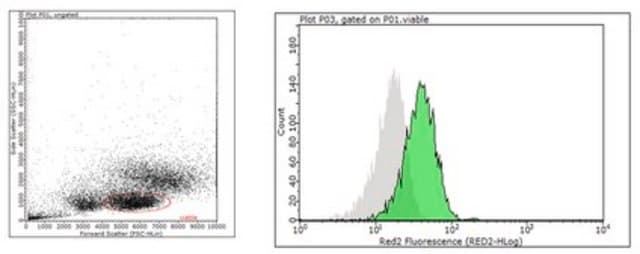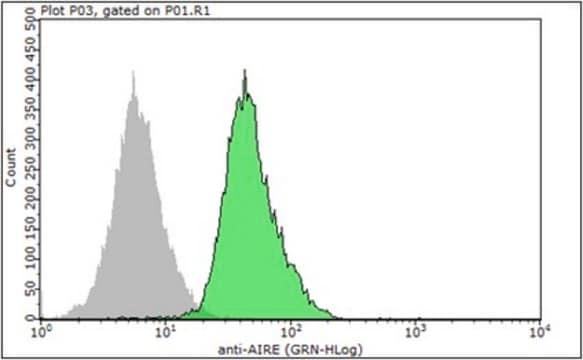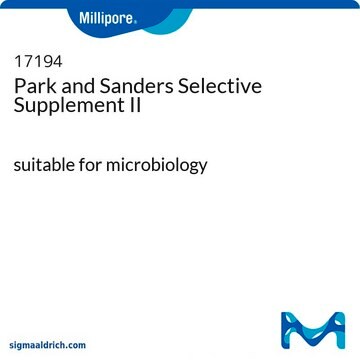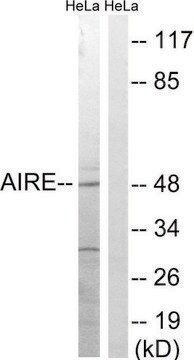詳細
AIRE (Autoimmune Regulator) is a human gene that is expressed primarily in the thymus. It causes transcription of a wide selection of organ-specific genes, reducing the threat of autoimmunity occurring by allowing the elimination of autoreactive T cells via negative selection. Defects in this gene cause the rare autosomal-recessive systemic autoimmune disease termed autoimmune polyendo-crinopathy-candidiasis-ectodermal dystrophy (APECED). Disruption of AIRE results in the development of a range of autoimmune diseases, the most common clinical conditions in the syndrome are hypoparathyroidism, primary adrenocortical failure and chronic mucocutaneous candidiasis. Aire functions through initiating the transcription of a diverse set of self-antigens, such as insulin, in the thymus. This expression then allows maturing thymocytes to become tolerant towards peripheral organs, thereby suppressing autoimmune disease. Aire is atranscriptional regulator protein that binds to DNA as dimer and tetramer, but not as a monomer. It forms nuclear bodies and interacts with the transcriptional coactivator CBP (CREBBP). At least three splice variant mRNAs products have been described including one which results in a premature stop codon and a transcript predicted to be a candidate for nuclear-mediated decay (NMD).
特異性
Likely to cross-react with rat, based on sequence homology. Cross-reactivity with other species has not been tested
Recognizes murine AIRE, Mr 58 kDa (calculated). Appears at ~65 kDa in Western blots.
免疫原
Epitope: a.a. 162-181
KLH-conjugated synthetic peptide corresponding to amino acids 162-181 of mouse AIRE
アプリケーション
Research Category
炎症及び免疫
Research Sub Category
発生シグナル伝達
転写因子
RNA結合タンパク質(RBP)
Suggested dilutions:
Western blot: 1:1000
Detect AIRE using this Anti-AIRE Antibody validated for use in WB.
品質
Routinely evaluated by Western Blot analysis.
Western Blot:
A 1:1000 dilution of this lot detected AIRE in murine thymus lysate
物理的形状
ImmunoAffinity Purified
100 μg of immunoaffinity purified rabbit polyclonal IgG in 173 μl of 0.02M PBS, 0.25M NaCl containing 0.1% sodium azide
保管および安定性
2 years at -20°C from date of shipment. Upon first thaw, and prior to removing the cap, centrifuge the vial and gently mix the solution. Aliquot into microcentrifuge tubes and store at -20°C. Avoid repeated freeze/thaw cycles, which may damage IgG and affect product performance. Note: Variability in freezer temperatures below -20°C may cause glycerol-containing solutions to become frozen during storage.
アナリシスノート
Control
Murine thymus tissue lysate
法的情報
UPSTATE is a registered trademark of Merck KGaA, Darmstadt, Germany
免責事項
Unless otherwise stated in our catalog or other company documentation accompanying the product(s), our products are intended for research use only and are not to be used for any other purpose, which includes but is not limited to, unauthorized commercial uses, in vitro diagnostic uses, ex vivo or in vivo therapeutic uses or any type of consumption or application to humans or animals.









